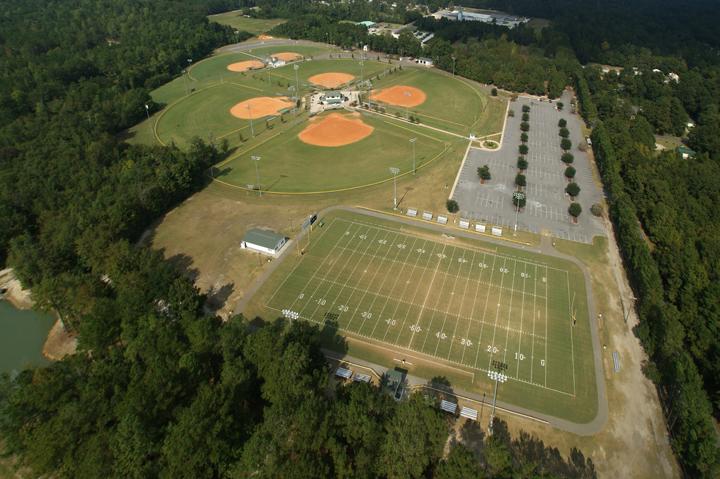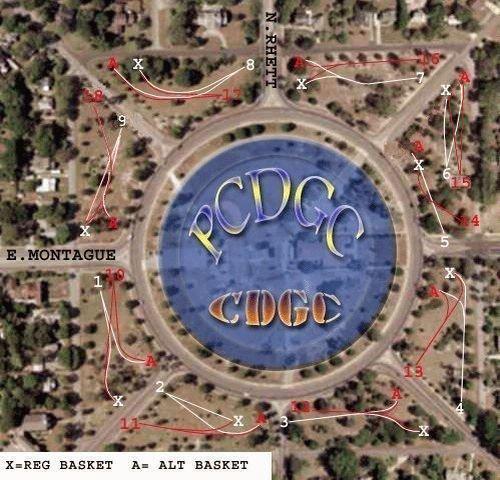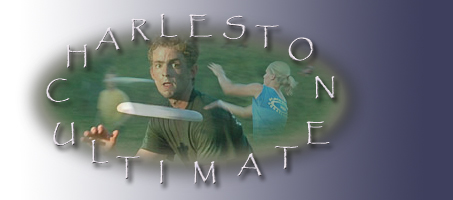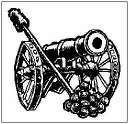Ultimate Frisbee at Cathedral of Praise Church
(Located in North Charleston, South Carolina)

Sadly, we're no longer playing Ultimate at Cathedral of Praise.
However, some of us still play regularly at other local locations.





